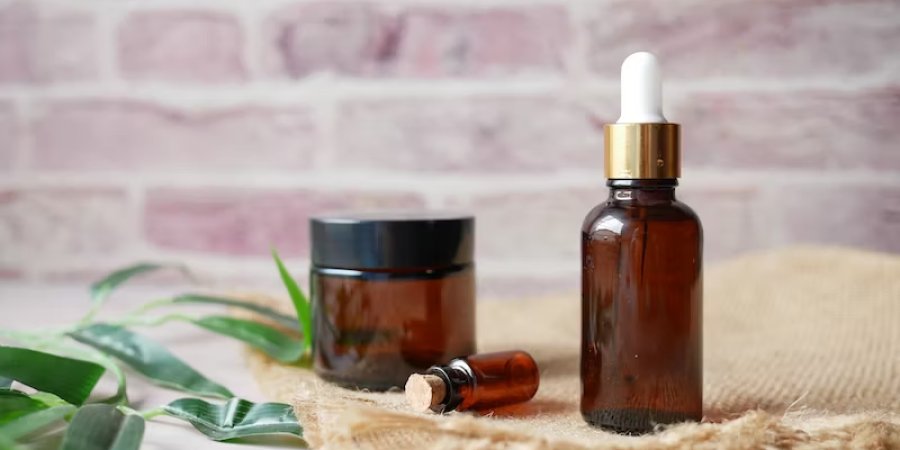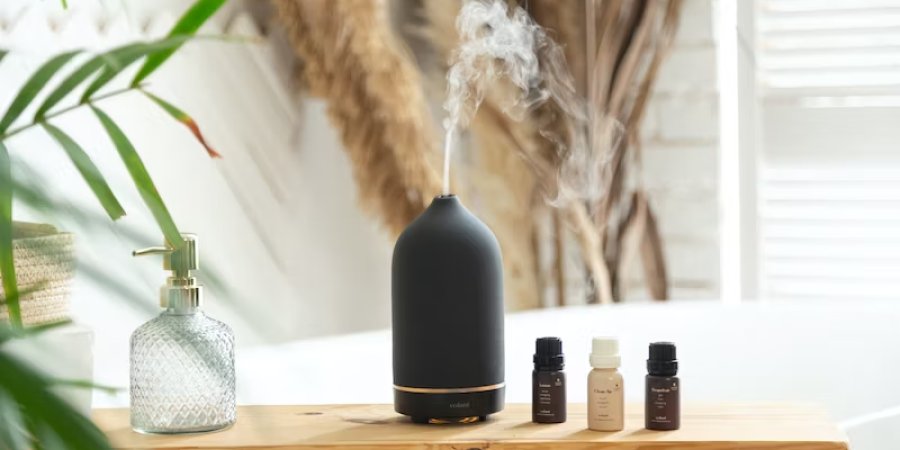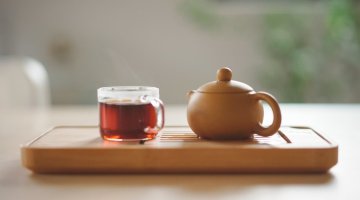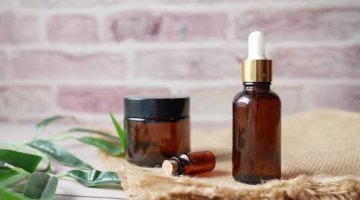The Many Uses and Benefits of Aromatherapy

Aromatherapy is the use of aromatic essential oils, derived from plants, to improve the health of body and mind. It works through the power of smell, utilizing the close connection between our senses of smell and emotion. The inhaled aroma of certain plants can stimulate brain chemicals to induce relaxation, energy, or other desired states. When absorbed through the skin, the oils also provide physical effects. Aromatherapy is one of the most popular forms of alternative medicine today.
History of Aromatherapy
The use of aromatics for healing dates back at least 4000 years to ancient Egypt, China, and India. However, the term "aromatherapy" was not coined until the 1920s by a French chemist named Rene-Maurice Gattefosse. Gattefosse reportedly healed a badly burnt hand using lavender oil. During the 1950s, nurse Marguerite Maury expanded aromatherapy into a holistic therapy. Jean Valnet furthered aromatherapy's use for medical purposes in the 1960s. As a result, aromatherapy became popular as a form of alternative medicine.
How Aromatherapy Works
Aromatherapy utilizes the power of scent to affect the body and mind. When inhaled, essential oil molecules travel through the nose to olfactory receptors. The receptors transmit signals along neural pathways to the limbic system, or emotional center of the brain. Different oils can stimulate the release of mood-altering chemicals in the brain such as serotonin and dopamine. The chosen aroma influences heart rate, stress levels, alertness, and mood. When applied to the skin, some essential oils can be absorbed into the bloodstream. Compounds from the oils may interact directly with hormones, enzymes, and other bodily chemicals. Popular oils like lavender soothe the mind while stimulating the senses. Peppermint provides an energy boost.
Benefits of Aromatherapy

There are many therapeutic benefits of aromatherapy for the body and mind:
- Reduces stress and anxiety: Scents like lavender and bergamot help stimulate relaxing alpha brain waves and lower stress hormones like cortisol. This makes aromatherapy ideal for countering everyday stress, anxiety, and depression.
- Boosts mood and induces relaxation: Essential oils like ylang ylang, rose, and chamomile act as natural mood enhancers. They calm the mind, bring contentment, and aid relaxation. This makes aromatherapy helpful for boosting moods and promoting restful sleep.
- Improves sleep quality: Sedating essential oils like lavender, marjoram, and sandalwood help initiate sleep by signaling relaxation. They also deepen sleep by calming hyperactivity and reducing anxiety. This makes aromatherapy effective for overcoming insomnia.
- Sharpens mental focus and alertness: Stimulating essences like peppermint, basil, and rosemary increase alertness by interacting with neurotransmitters in the brain. This makes aromatherapy helpful for boosting concentration and combating fatigue or brain fog.
- Relieves pain and inflammation: Analgesic oils like peppermint, clove, and ginger inhibit pain perception pathways in the central nervous system. Anti-inflammatory oils like chamomile and lavender suppress pro-inflammatory compounds. This grants aromatherapy pain- and inflammation-reducing properties.
- Suppresses appetite: Inhaling peppermint, grapefruit, and cinnamon oils can curb appetite by decreasing levels of the hunger hormone ghrelin. This makes aromatherapy useful for aiding weight management.
- Lowers blood pressure: Scents like lavender, ylang ylang, and bergamot act as natural sedatives, leading blood vessels to relax and expand. This gives aromatherapy mild blood pressure-lowering effects.
- Fights bacteria and infections: Oils like oregano, thyme, tea tree, and clove have natural antiseptic qualities. They inhibit bacterial and fungal overgrowth when applied topically to minor wounds or added to baths. This infuses aromatherapy with infection-fighting abilities.
- Speeds healing of minor wounds: The antiseptic properties of essential oils keep wounds clean while their anti-inflammatory actions accelerate healing. Increased circulation from massage also aids tissue repair.
- Soothes headaches and migraines: Cooling menthol-containing oils like peppermint relieve headaches by reducing inflammation and constricting blood vessels in the brain. Relaxing oils like lavender also ease headaches by releasing tension.
Aromatherapy is very safe when high-quality essential oils are used correctly. It has no known adverse side effects. The benefits apply not only to humans but pets as well. Some oils can help relieve colds in dogs.
Uses of Aromatherapy
There are several ways to apply aromatherapy for enjoying its benefits:
- Diffusers: Electric or candle-heated diffusers disperse essential oils into the air for whole room aromatherapy effects. Popular diffuser types include ultrasonic, nebulizing, evaporation, and heat diffusion.
- Steam inhalation: Adding a few drops of essential oils to a bowl of hot water and breathing in the steam infuses the oils directly into the lungs. Steam tents can also be used to contain the steam. This is excellent for congestion.
- Baths: Dispersing essential oils through hot bath water allows absorption through the skin while also scenting the air. Salts or oils can also be added under running bath water. However, oils should always be diluted in a carrier oil before adding to baths to avoid irritation.
- Massages: Massage oils are formulated by blending essential oils into carrier oils like sweet almond, jojoba, or grapeseed oil. This allows topical absorption of the fragrances during massage. The oils should be diluted properly for safety.
- Compresses: Soaking a cloth in cool or warm water mixed with a few drops of essential oil can be applied directly to the body. It allows localized absorption and benefits.
- Perfumes: Essential oil blends can be worn as natural perfumes for continuous aromatherapy effects throughout the day. Using an essential oil locket or diffuser jewelry also releases fragrances.
- Potpourri: Dried plant materials can be scented by adding a few drops of essential oils. Displaying potpourri in bowls releases the aroma into the surroundings. It provides gentle room fragrancing.
With so many uses of aromatherapy, it is easy to experience the healing benefits of essential oils in various aspects of daily life. Aromatherapy regimens can be customized to achieve the desired physical and emotional therapeutic effects.
Aromatherapy is Ideal for Modern Life
In today's high-stress society, aromatherapy is the perfect holistic healing solution. All-natural essential oils provide a safe method to improve health without medications or complicated protocols. Aromatherapy allows you to incorporate healing into your everyday life through delightful scents. With so many aromatic plants to choose from, there are infinite possibilities to experiment and find your own favorite essences. Just a few minutes of aromatherapy each day can promote wellness of body and mind.
Conclusion
According to experts who write for us on alternative medicine, aromatherapy has been shown to be a very effective replacement for treatments of the body and mind. It has been practiced from ancient times to cure various ailments and is still to this day very popular to treat these same ailments as well as curing newer ailments of our times like stress and anxiety. It is also widely used as natural beauty treatment alternative. Even cats and dogs like the effects of aromatherapy so it is sure to be here to stay and perhaps you will find it to have even more beneficial uses in the future.
Graham Grant is the editor of Aroma Therapy Best Guide a website totally dedicated to aromatherapy. For more articles and information please find out more at http://aromatherapy-best-guide.info
More to Read:
Previous Posts:



